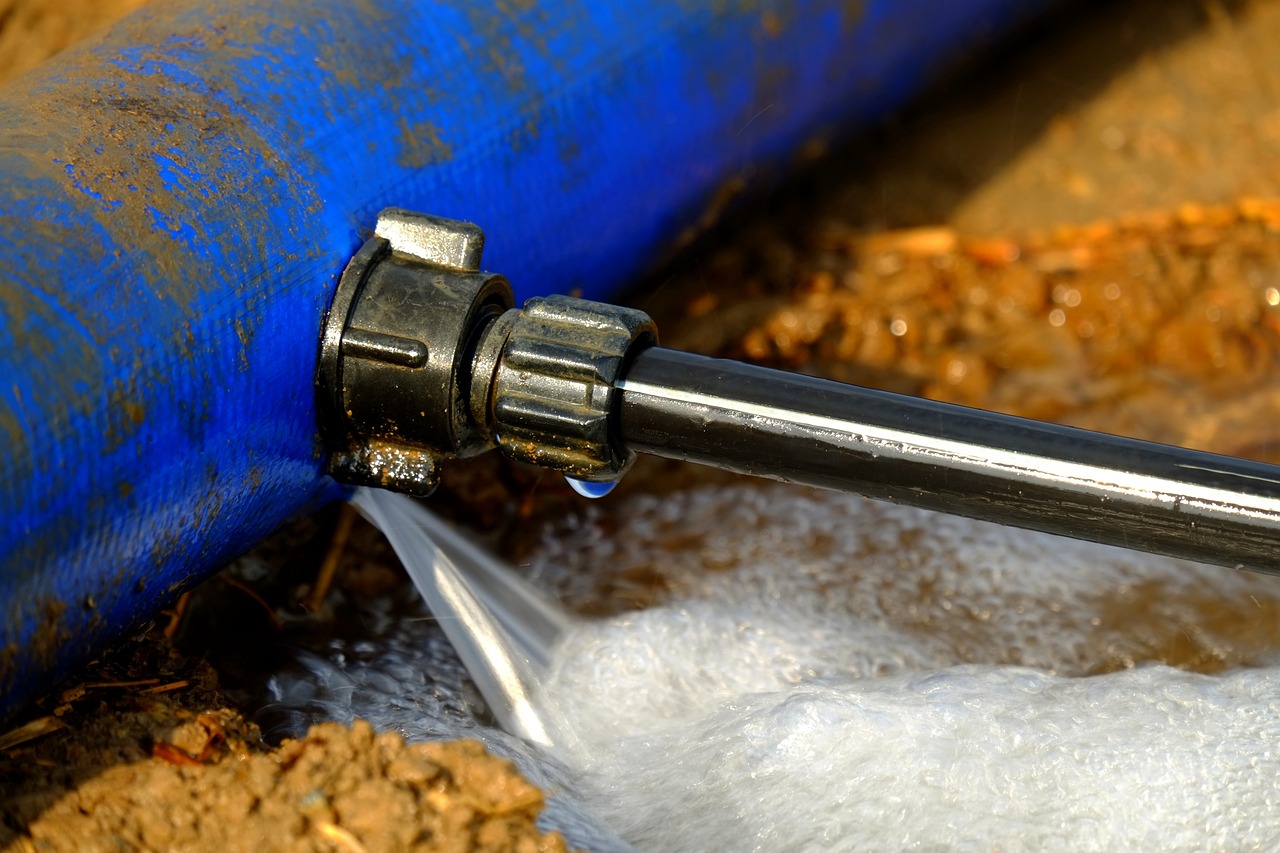The Perils of Winter – A Landlord’s Guide to Preventing Burst Pipes
Published on January 31, 2024 by Sarah Mac

During the cold winter months, landlords not only have the weather to deal with, but the added responsibility of protecting their investment and the well-being of their tenants. Burst pipes are one of the most common reasons why landlords claim on their insurance.
The effects can be devastating, including flooding, mould and extensive damage to homes forcing tenants out. In this post, we’ll look at common causes for burst pipes and tips for preventing burst pipes in rental property.
What are the causes of a burst pipe?
The most common reason for burst pipes is freezing temperatures. If water freezes inside pipes it expands, causing the pipe to burst. Pipes may not always burst immediately, but can become weaker over time, which can lead to leaks at a later stage.
Other reasons for burst pipes include warmer weather causing pipes to expand and crack, general wear and tear, a blocked pipe which causes an increase in water pressure, and pipes that are too old.
Top tips for preventing burst pipes in rental property
As with many things in life, prevention is better than cure. Before the cold weather hits, it’s a good idea to take precautions for preventing burst pipes. These include:
Insulate pipes
One of the most effective ways in preventing burst pipes is through proper insulation. Ensure that all exposed pipes, especially those in attics and basements are adequately insulated. This simple step can go a long way in protecting your plumbing system from harsh winter temperatures.
Use foam sleeving to lag outside pipes like drainpipes and overflow pipes, taking care to lag bends, valves and covering outside taps too.
Seal gaps
Inspect your rental property for any gaps or cracks that might allow cold air to seep in. Seal gaps around windows and doors and any other openings to help in preventing burst pipes. By creating a tight seal, you not only enhance energy efficiency but also safeguard your plumbing from the freezing temperatures outside.
Drain and disconnect outdoor hoses
Outdoor hoses can pose a significant threat to your plumbing system if is not properly addressed before winter.
Remind tenants to drain and disconnect outdoor hoses, and if applicable, shut off the outdoor water supply. This prevents water from freezing within the hoses and causing damage to connected pipes.
Regular maintenance checks via mid-term inspections
A regular mid-term inspection is essential to ensure that your tenants are taking care of your property in line with the tenancy agreement. But more than this, through these checks you can identify any minor leaks or issues and deal with them promptly before they escalate into major problems.
Top tips for tenants in preventing burst pipes
Preventing burst pipes is in the best interests of the tenants, so be sure to share these ideas with them:
Keep the heating on
Encourage tenants to maintain a consistent temperature within the property, even when they are away.
Suggest a minimum temperature setting to prevent the interior of the property from becoming too cold. This helps to keep the pipes warm and reduces the risk of freezing.
Educate tenants
Ask tenants to turn the water mains off at the stopcock if they are going away. Show them where the stopcock is located and how to turn the water off, and tell them they should also turn the water off in this way if they spot a leak.
Encourage your tenants to report any plumbing related issues to you immediately such as a leak or blockage, and make it clear who they should contact in the event of an emergency.
The importance of preventing burst pipes in rental property
Preparation is the key when it comes to preventing burst pipes, and never more so than before a cold weather spell, as this is the main cause for pipes bursting.
As a landlord, you can make sure that your rental property is prepared through a combination of good insulation, regular maintenance, mid-term inspections and thorough tenant education.

